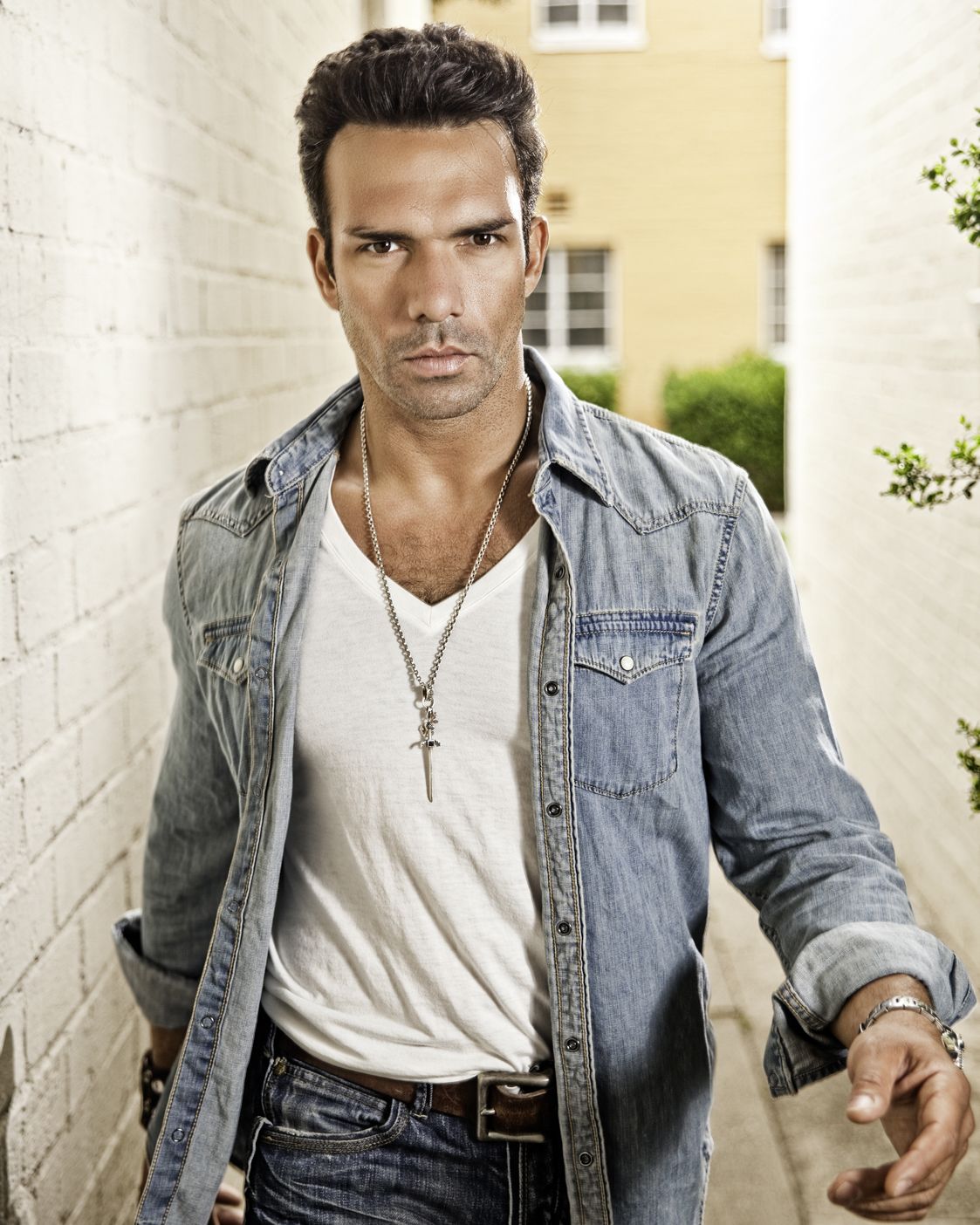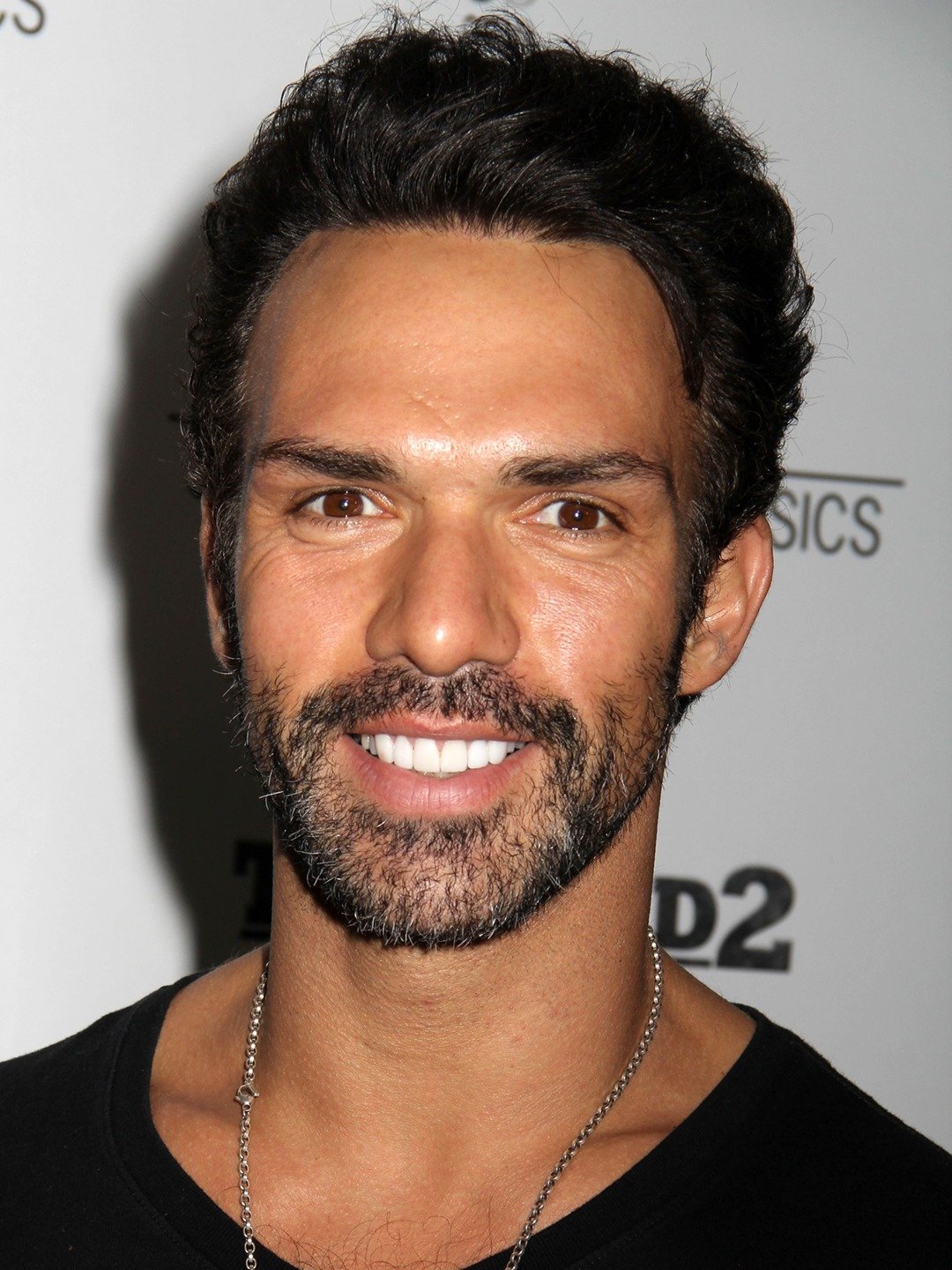Exploring the lives of public figures often brings up interesting questions about personal information and how it is looked after. People who live in the public eye, like Shahlavi Darren, often find that details about their lives, sometimes quite private ones, become topics of wider discussion. It's a curious thing, this balance between public interest and an individual's right to keep things to themselves, isn't it? We often wonder how much of someone's personal story is truly their own. So, too it's almost a given that people will be interested in what's happening with those in the spotlight.
When we think about individuals who are well-known, we sometimes forget that they too have private lives. This discussion isn't just about famous faces; it touches on how information, even yours or mine, is handled in a world that feels very connected. It's about how personal facts can sometimes be shared in ways we might not expect, you know. Sometimes, these situations can lead to a bit of a stir, and people start asking questions about who has access to what.
This article will look at what it means for someone like Shahlavi Darren to be a public figure, and then, rather interestingly, we will also explore some broader examples of how information, particularly private data, has been handled in recent times. This includes some important discussions about health information and even, quite surprisingly, some quirks found in online quiz systems. It's all part of a bigger picture about privacy in our modern age, and how things actually work out there.
- The Melting Pot Columbia Sc
- Pinhole Coffee
- Sorrento Pizza St Clair Shores
- Dharmendra Pradhan
- Santa Maria Chrysler
Table of Contents
- A Glimpse into Shahlavi Darren's World
- Personal Details of Shahlavi Darren
- What Happens When Private Information is Shared?
- The Case of Medicaid Data and Shahlavi Darren's Privacy
- Why Did This Happen, Anyway?
- Are Your Online Quizzes Safe, Shahlavi Darren?
- The Curious Case of Bugged Quizzes and Points
- How Can We Keep Our Digital Lives Secure?
- Looking Ahead - Protecting Data for Everyone
A Glimpse into Shahlavi Darren's World
Shahlavi Darren, a figure whose presence has graced various stages and screens, represents a fascinating blend of dedication and artistry. People often recognize him for his intense performances and his ability to bring characters to life with a real sense of truth. His career, it seems, has been built on a foundation of hard work and a genuine passion for his craft. It's pretty clear that he has put a lot of effort into what he does, and that kind of commitment really shines through in his work, you know.
From his earlier days, it was apparent that Shahlavi Darren had a special kind of energy, a drive that set him apart. He has taken on a variety of parts, some requiring great physical skill, others needing a deeper emotional touch. This versatility, in a way, has allowed him to connect with many different kinds of viewers, making his work quite accessible. His journey, like many in the public eye, has had its ups and downs, but his persistence appears to be a defining characteristic.
When we talk about public figures, like Shahlavi Darren, we often see only the polished image, the person presented to the wider world. Yet, behind that public face, there is always a real person with a life that includes private moments, personal thoughts, and family connections. It's a bit like looking at a painting; you see the finished piece, but not all the brushstrokes or the artist's quiet moments of thought. This duality is something many well-known individuals experience, and it can be a rather complex situation to manage, to be honest.
For someone like Shahlavi Darren, maintaining a degree of personal space can be quite a challenge. Every appearance, every interview, every piece of news about him contributes to the public's perception. This constant visibility means that even small details about his personal happenings can become topics of widespread chatter. It’s a very unique way to live, where the boundaries between what is public and what is kept private can sometimes blur quite a bit, you know.
Personal Details of Shahlavi Darren
| Full Name | Darren Shahlavi |
| Occupation | Actor, Martial Artist, Stunt Performer |
| Birthdate | August 5, 1972 |
| Birthplace | Stockport, Cheshire, England |
| Nationality | British |
| Notable Works | Ip Man 2, Mortal Kombat: Legacy, The Package |
| Known For | Villain roles, action sequences |
What Happens When Private Information is Shared?
Thinking about public figures like Shahlavi Darren naturally leads us to consider the broader topic of personal information and its safekeeping. What happens, for instance, when sensitive details about many people are shared without their full permission or even their knowledge? This is a question that has come up quite a bit lately, and it touches on some very important rules about privacy. It’s a big deal because it affects people's trust in systems meant to help them, and that's something that really matters.
There are laws and guidelines put in place to protect our personal facts, especially when it comes to things like health records or financial information. These rules are there to make sure that details about us are only used for the reasons we agree to, or for very specific legal purposes. When these rules are not followed, it can cause a lot of worry and, frankly, some serious problems for the individuals whose information is involved. It’s a situation where people feel quite exposed, and that's understandable.
A recent example that caused a lot of discussion involved the handling of health care data for a great many people. It highlighted just how sensitive this kind of information can be, and how careful organizations need to be when they are responsible for looking after it. This sort of event reminds us that the systems we rely on for our well-being also carry a great deal of responsibility for our personal quietness, you know. It's a topic that really gets people talking, and for good reason.
It's not just about what information is shared, but also who it is shared with, and for what purpose. The reasons behind sharing information are just as important as the act of sharing itself. When there's a disconnect between what people expect and what actually happens with their data, trust can break down rather quickly. This situation really calls for a lot of openness and clear communication from those who manage our personal records, which, in some respects, is what everyone wants.
The Case of Medicaid Data and Shahlavi Darren's Privacy
There was a rather significant situation where a government group was accused of breaking federal rules about personal quietness. This group, it seems, gave out health care records for millions of people who were part of a health program to officials who handle immigration matters. This happened just the other month, and it caused quite a stir, as you can imagine. It was a move that many saw as a clear overstep, and it led to some serious questions about how our most personal details are being looked after.
A group made up of twenty state legal representatives from different parts of the country stepped forward to challenge this action. They filed official papers in court, saying that the government had acted unlawfully. They were quite clear that this sharing of health care records was a violation of the rules put in place to keep people's private health information safe. It’s a pretty big deal when so many states come together to make a stand on something like this, so, it really showed the depth of concern.
The concern was that this health care information, which is supposed to be kept very confidential, might be used for purposes completely unrelated to health care. This idea, that personal health data could be used for immigration checks, caused a lot of worry among people who depend on these health programs. It raised questions about whether people would feel comfortable seeking care if they thought their private details might be shared in ways they didn't expect. This, in a way, chips away at the trust people have in these important services.
The legal actions taken by these states aimed to stop any further sharing of this health care data and to prevent the government from using it for immigration purposes. It was a move to protect the privacy of a great many individuals and to uphold the principles of data protection. This kind of situation really highlights the constant push and pull between government operations and the individual's right to personal quietness, and how that affects everyone, including someone like Shahlavi Darren, if his own data were ever handled similarly.
Why Did This Happen, Anyway?
It's fair to wonder why such a thing would happen in the first place. The group of people running things at the time was accused of acting without proper regard for established privacy rules. The legal papers filed by the states pointed to a threat from the administration to hold back billions of dollars in federal money from states if they didn't follow certain directions. This, it appears, was part of a larger disagreement about how states should manage their health programs. It’s a rather complex situation, and basically, it seems to involve a lot of pressure being put on states.
The core of the issue, it seems, revolved around how much control the central government could exert over state-run programs, especially when it came to sensitive information like health records. The states argued that this was an overreach, a move that went against the very idea of privacy and the laws designed to protect it. It was a classic clash between different levels of authority, with personal data caught in the middle. This kind of dispute, you know, can have wide-ranging effects on a lot of people.
When a government body collects information from its citizens, there's an unspoken promise that this information will be handled with care and used only for its stated purpose. When that promise is perceived to be broken, it can really shake people's confidence. This specific instance with the health care data became a symbol for many of the concerns people have about their personal details in the digital age. It’s a very real concern for many, and it just shows how important it is to have clear rules.
The lawsuits were a direct response to what was seen as a disregard for these important protections. The state attorneys general felt it was their job to stand up for the people they represent and ensure that personal information was not used in ways that were unfair or unlawful. It's a reminder that even in big government operations, the individual's right to privacy remains a central and highly protected principle, and that's something we should all be aware of, really.
Are Your Online Quizzes Safe, Shahlavi Darren?
Switching gears a bit, but still staying on the topic of digital interactions and personal experiences, let's talk about something many of us do online: quizzes. Have you ever tried to get points from an online quiz, only to find that something just wasn't working right? It's a common experience, apparently, and it brings up a different kind of concern about how our digital activities are recorded and rewarded. It’s a rather frustrating thing when you expect something to work a certain way, and it just doesn't, you know.
Some people have shared experiences about online quiz systems, particularly those connected to reward programs, where things don't quite add up. For example, someone might click on a quiz, get some points right away, but then not receive any more points after finishing the quiz, even if they got all the answers correct. This kind of glitch can be quite confusing and takes away from the fun of participating. It's a small thing, perhaps, but it points to larger issues with how online systems track our actions and give out rewards.
These kinds of technical hiccups, while seemingly minor, can affect user satisfaction and trust in online platforms. If a system is supposed to give you points for an activity, and it doesn't, or it behaves unexpectedly, it can make you question the reliability of the whole setup. It’s not about huge privacy violations, but more about the smooth operation of everyday digital tools. This is something that affects a lot of people who use these kinds of services, basically.
The conversations around these quiz issues often involve people looking for help or trying to figure out if others are having the same problems. They ask how to get their points, or why the quiz isn't loading correctly on their device. This collective effort to troubleshoot highlights how much we rely on these digital systems working as they should, and how quickly we notice when they don't. It's a reminder that even small digital interactions can have their own set of unexpected twists, you know.
The Curious Case of Bugged Quizzes and Points
There have been some reports about specific online quizzes, like the Bing homepage daily quiz, not working as expected for some folks. People have mentioned that the quiz might not go past the first question, or that the options for a daily poll don't even show up. Others have noted that their reward points aren't updating correctly on their phones. These are the kinds of little frustrations that can really add up when you're trying to engage with an online platform, so, it can be pretty annoying.
It seems that even when people get the correct answers on these quizzes, they might not receive the expected points. Some have found that they get a few points just by clicking on the quiz, but then nothing more, even after completing it. This suggests a technical problem, a "bug" in the system, that prevents the proper tracking and awarding of points. It's a situation where the effort put in isn't being recognized by the system, which can be quite disheartening for users who are trying to earn rewards.
The discussions around these issues show a community of users trying to help each other out. People share potential solutions or confirm that they are experiencing similar problems. This kind of shared experience points to the widespread use of these online quiz features and the general desire people have to participate in them. It's interesting how even a small glitch can bring people together to try and figure things out, which is pretty cool, actually.
These little digital hiccups, while not as serious as privacy breaches, still touch on the idea of trust in online systems. When a service promises rewards for participation, and then the mechanism for those rewards doesn't function correctly, it can lead to a sense of unfairness. It’s a reminder that even seemingly simple online activities depend on complex technical workings behind the scenes, and sometimes those workings have their own little quirks, you know, just like anything else.
How Can We Keep Our Digital Lives Secure?
Whether we're talking about large-scale data sharing or small quiz glitches, the underlying theme is often about how our digital lives are managed and kept safe. For individuals, a good first step is to be aware of what information you are sharing online and with whom. Reading the privacy statements of websites and apps, even if they seem a little long, can give you a better idea of how your data might be used. It's a very important habit to get into, basically.</


